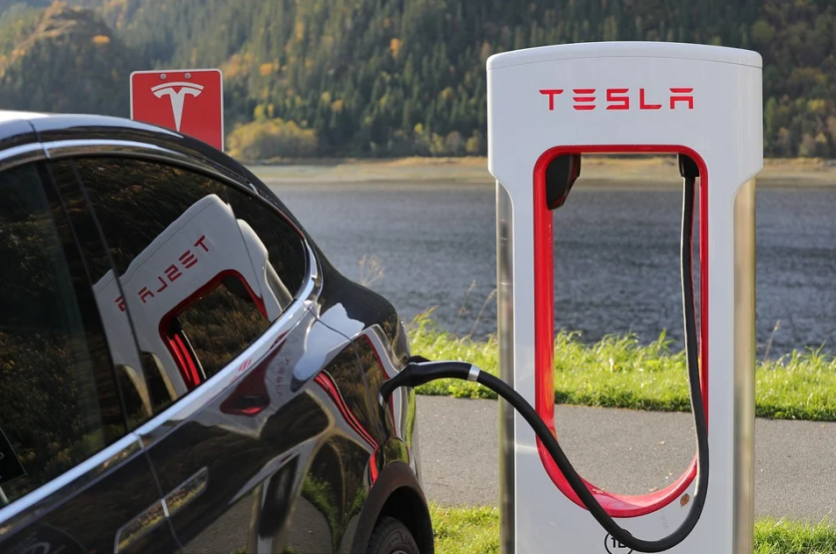
Tesla announced that it recalled 5,974 of its electric vehicles over the company's concerns that their brake caliper bolts might loosen, which could potentially cause a loss of tire pressure and increase the risk of an accident.
Tesla Recalls Electric Vehicles
The National Highway Traffic Safety Administration documents showed that part of the voluntary recall includes certain Model 3 vehicles from 2019 to 2021 and Model Y vehicles from 2020 to 2021.
Tesla stated that it is not aware of any crash or injury resulting from the defective brake caliper. It will inspect and tighten or replace the caliper bolts as necessary, and the services will be for free.
On the morning of June 2, the company's stock decreased more than 1.5% as an effect of the recall, according to Business Insider.
Also Read : Tesla Autopilot Accident Results in 2 Deaths Amidst Q1 Safety Report, Nearing FSD Release
Tesla stated that it was made aware of an issue in December of a field incident that involved one of its 2021 Model Y that has a missing fastener on the driver-side rear brake caliper. It has since taken protective measures to help prevent the issue during the assembly of the electric vehicle.
The recall follows the one in February that involved more almost 37,000 Model S and Model X vehicles in China and almost 135,000 cars in the United States.
The recall was made over malfunctioning touchscreens, and The National Highway Traffic Safety Administration requested it.
In 2020, Tesla recalled almost 50,000 cars in China over faulty suspension and 9,500 Model X and Model Y cars in the United States over roof and bolt issues.
In 2018, Tesla recalled more than 123,000 Model S electric vehicles because of the power steering component problem.
Tesla's Accident Rate
According to Forbes, Tesla publishes its statistics every quarter, and the report includes distance driver per accident.
Since Tesla has recalled thousands of its electronic vehicles almost every couple of months, the public is now asking if the vehicle is really safe.
The report points out the safety of having the autopilot on vs. having it off, which shows that the vehicle is 94% safer with the autopilot on, especially when driving on highways.
However, it does not state why Tesla vehicles are often recalled and if any accidents were recorded involving the other systems like the brake.
In January, the BBC reported that the National Highway Traffic Safety Administration sent a formal letter to Tesla requesting the recall of 158,000 Model S and Model X vehicles due to malfunctioning touchscreens, increasing the risk of accidents.
The issue involves the memory chips used in the displays of cars made between 2012 to 2018, which had worn out, and it causes the screen to stop working.
Tesla has implemented some over-the-air updates to mitigate some issues, but the National Highway Traffic Safety Administration stated insufficient to address the concerns.
As for the latest recall, it is still unclear when Tesla can finish fixing the brake issue and if the number of vehicles that need to be recalled will increase in the next couple of weeks.
This article is owned by Tech Times
Written by Sophie Webster
ⓒ 2025 TECHTIMES.com All rights reserved. Do not reproduce without permission.




